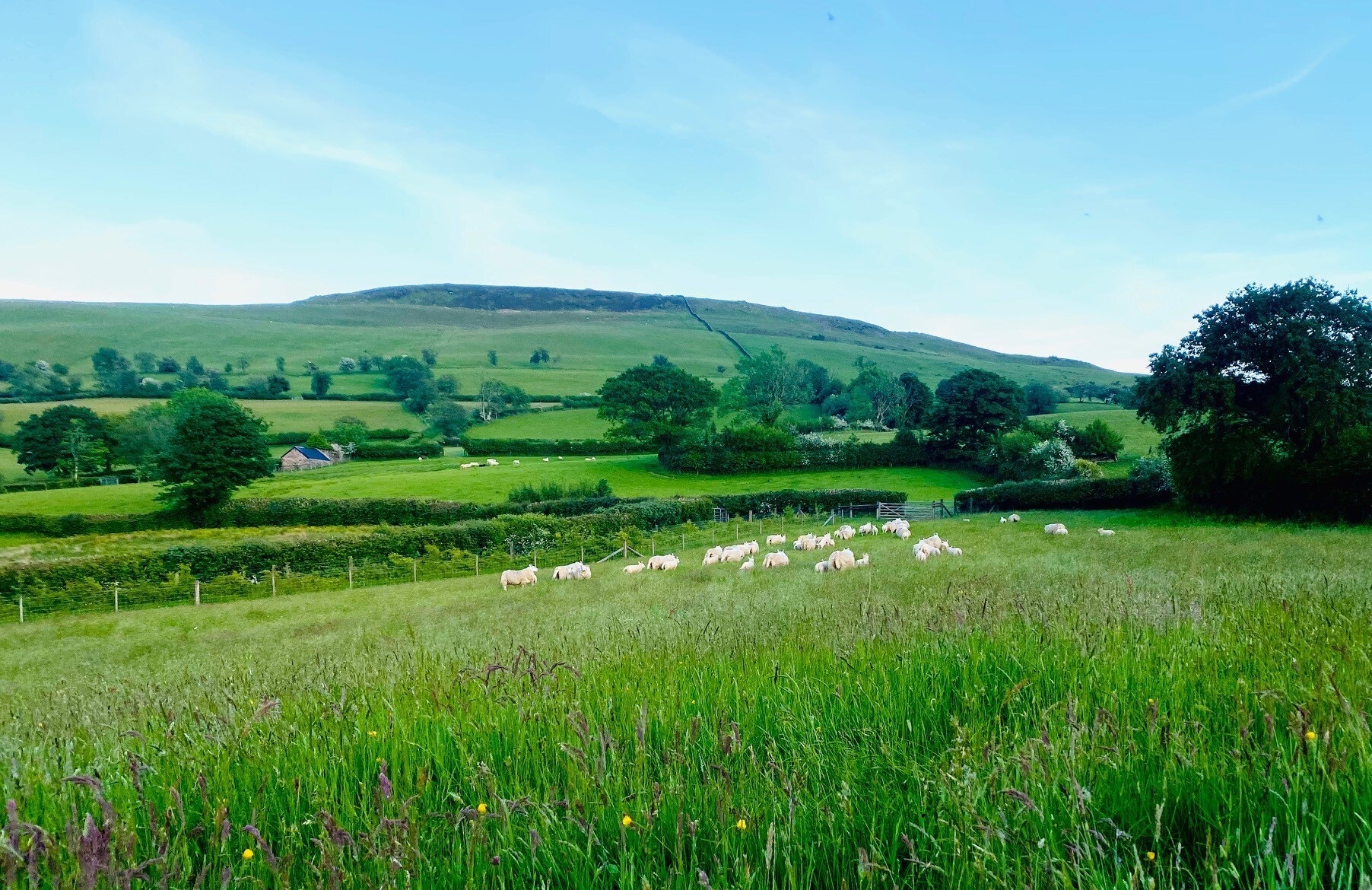
The sheep sector is seeking to raise awareness of the climate benefits of mixed sward and permanent pasture grasslands as COP27 gets underway.
UK sheep producers are putting a spotlight on the value of grasslands to the carbon cycle, biodiversity, habitats and soil organic matter.
Pasture grasses take carbon dioxide from the atmosphere and sequester it in soil, roots, and foliage.
Two-thirds of terrestrial carbon in British landscapes is in soils in the form of organic matter and soil life.
The world’s grasslands also hold a third of all terrestrial carbon, so protection of it is seen as critical.
It comes as the UN's climate change summit COP27 opened in Egypt on Monday (7 November), with a warning that the planet is "sending a distress signal".
The National Sheep Association's (NSA) chief executive, Phil Stocker said pasture and unimproved grassland were 'reliable ways' to deliver environmental gain.
Grassland plant communities with high diversity also have higher rates of nitrogen utilisation, he said, which means lower nutrient losses through leaching, and thus reduced potential for pollution.
“Farming and the environment are inextricably linked in the UK," he said, "Our unique landscape, formed through thousands of years of traditional farming methods and management by farmers, including the grazing of sheep, has encouraged the adaptation of many animal and plant species.”
Mr Stocker added that across the country, grasslands should be at the heart of sustainable nature-friendly farming being grazed by livestock.
"Farmers and other land managers across the UK are critical to unlocking the potential solution that grasslands offer," he explained.
"Recent warnings from the UN at this year's COP27 in Egypt convey the desperate need for governments to adopt a different approach, investing in sustainable farming rather than mass planting trees.
"There must be adequate investment in renewable energy, and a focused and succinct approach to food and retailer sourcing putting as much British produce first as possible.”
